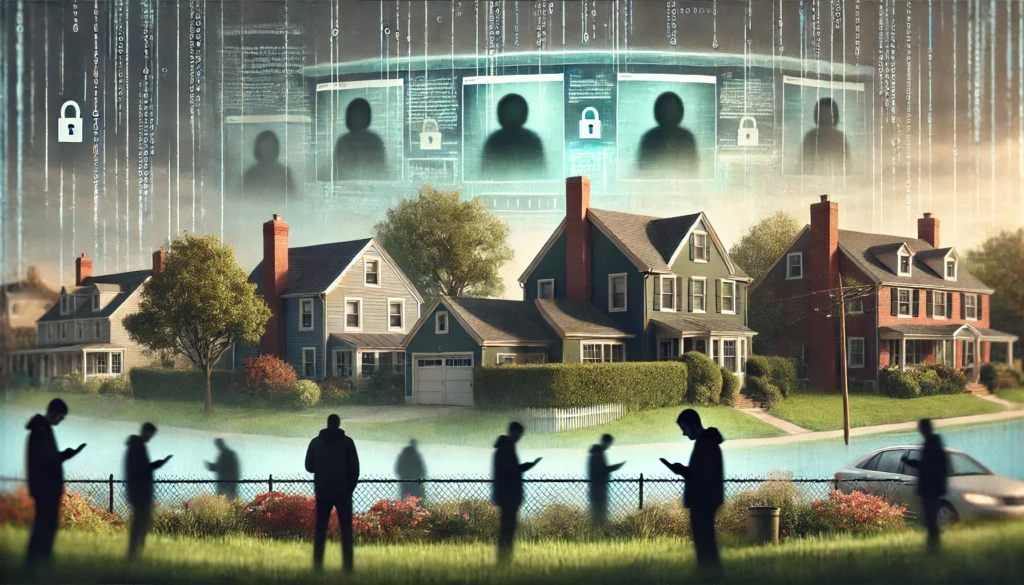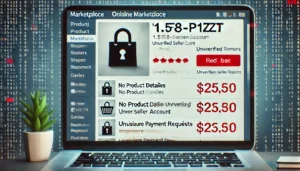Amanda Labollita Quincy Anonib: A Deep Dive into the Digital Privacy Crisis
Introduction
In the age of digital connectivity, privacy breaches are no longer rare occurrences but growing concerns. One case that sparked widespread conversation is that of Amanda Labollita from Quincy and the Anonib leak. This incident not only shed light on the vulnerabilities of personal data but also revealed how anonymous platforms can contribute to real-life harm. This comprehensive guide explores every facet of the story, from who Amanda is to the broader implications of such digital violations.
Who is Amanda Labollita?
Amanda Labollita is a resident of Quincy, Massachusetts, who previously lived a relatively private life. Known locally through family ties and occasional community engagement, her name gained unintended public attention due to an incident involving the anonymous image board site Anonib. Her father, Ronald LaBollita, was a well-known figure in Quincy who passed away in 2012. Amanda herself had no major online footprint until the leak occurred.
Amanda also once appeared in a Quincy Police Department Facebook post in 2021, commenting empathetically on a local incident. This shows she had a civic-minded persona before being thrust into the spotlight by unfortunate circumstances.
What is Anonib?
Anonib is a notorious anonymous image board where users share images and content—often without consent. Known for hosting regional boards based on locations (such as “Quincy, MA”), it has gained a reputation for sharing explicit photos, frequently violating the privacy of individuals, especially women.
Key Features of Anonib:
- Anonymous Posting – Users don’t need to register.
- Location-Based Boards – Content is often sorted by city or state.
- Moderation Issues – Very minimal to no moderation.
- High Risk of Exploitation – Many cases of non-consensual content leaks.
The Amanda Labollita Quincy Anonib Incident
The incident that brought Amanda Labollita’s name to light began in late 2024 when private images allegedly linked to her appeared on the Quincy board of Anonib. These images, which circulated rapidly, were uploaded without her consent and possibly without her knowledge.
The leak sparked conversations not only in Quincy but on broader internet forums and even news platforms, as it highlighted the ease with which anyone’s privacy can be compromised in today’s digital world.
Timeline:
| Date | Event |
| Late 2024 | Images linked to Amanda Labollita surface on Anonib |
| Following Week | Discussions spread on Reddit, Facebook, and other forums |
| Week 2 | Calls for legal action and support for Amanda emerge |
The entire episode was a painful reminder of the real-world impact of online anonymity and lack of accountability.
Privacy, Ethics, and Consent
The incident involving Amanda Labollita and Anonib is a textbook example of privacy invasion and unethical behavior online. Uploading or sharing someone’s private images without their permission is not only morally wrong—it can also be legally punishable.
Ethical Concerns:
- Violation of Consent – The core issue is the lack of permission.
- Objectification and Exploitation – Individuals are reduced to content.
- Public Shaming – Victims often face backlash instead of support.
This raises serious concerns about how digital ethics are practiced—or ignored—by many internet users.
Legal Implications of the Anonib Leak
There are legal frameworks in place in the U.S. and Massachusetts that prohibit the distribution of intimate images without consent, often referred to as “revenge porn” laws.
Legal Challenges:
- Identifying Offenders – Due to Anonib’s anonymity.
- Jurisdiction Issues – Platforms like Anonib are often hosted offshore.
- Delayed Legal Action – Legal processes can be slow and arduous.
Despite these challenges, victims like Amanda have options. They can report to local law enforcement, consult cyber law attorneys, and pursue civil lawsuits.
Emotional and Social Impact
Being a victim of a digital leak can be devastating. For Amanda Labollita, the Quincy Anonib incident was not just a privacy violation—it was an emotional ordeal. Victims often suffer from anxiety, depression, social isolation, and public embarrassment.
Support Resources:
- Cyber Civil Rights Initiative
- National Domestic Violence Hotline
- Therapy and Support Groups
Support systems are essential for recovery and rebuilding self-worth.
Role of Social Media & Public Response
Social media played a dual role in Amanda’s case. On one hand, platforms like Facebook and Reddit helped spread awareness and gather community support. On the other, they also enabled rapid dissemination of the leaked images.
The incident sparked mixed responses—some people showed support, while others engaged in victim-blaming. This dichotomy illustrates the toxic dynamics of internet culture and how platforms must do more to enforce community standards.
How to Protect Yourself Online
Amanda Labollita’s experience is a lesson for everyone on the importance of digital safety. Whether you’re a public figure or a private individual, basic cybersecurity practices can help prevent similar incidents.
Tips for Privacy Protection:
- Use two-factor authentication on all accounts.
- Avoid sharing sensitive images via digital platforms.
- Regularly audit your online presence.
- Use strong passwords and update them frequently.
- Report suspicious or malicious behavior immediately.
The Future of Anonymous Platforms
Platforms like Anonib raise the debate between free speech vs. accountability. While anonymity can protect free expression, it also enables harmful behavior when misused.
Possible Solutions:
- Government regulation of anonymous platforms.
- Improved moderation using AI tools.
- Holding hosting providers accountable.
The balance between freedom and safety must be re-evaluated to prevent future harm.
FAQs
1. What is Anonib and why is it controversial?
Anonib is an anonymous image-sharing board notorious for sharing non-consensual content, often violating privacy laws.
2. Has Amanda Labollita made a public statement?
As of now, there is no verified public statement from Amanda Labollita regarding the incident.
3. Can victims of Anonib leaks take legal action?
Yes, victims can pursue legal remedies including criminal charges and civil lawsuits, although enforcement can be challenging.
4. How can users report illegal content on Anonib?
Reporting can be done through internet watchdog groups, cybercrime units, and directly to hosting providers when available.
5. What steps should someone take after discovering a privacy breach?
Immediate steps include documenting the evidence, reporting the breach to authorities, contacting a lawyer, and seeking emotional support.
Conclusion
The Amanda Labollita Quincy Anonib incident is a stark reminder of the vulnerabilities we all face in the digital world. What happened to Amanda could happen to anyone. It’s not just about one person’s story—it’s about creating a safer internet for everyone. Through legal reform, ethical awareness, and technological safeguards, we can work towards a more respectful and secure online space.
Recommended Articles:
The Complete Journey of Paranthazhal Mohanan
Ftasiatrading Stock News from FintechAsia – Latest Updates & Market Insights
How to Contact Avstar News: Phone Number Avstarnews
From JustALittleBite Food Trends Jalbiteblog – A Comprehensive Guide to Culinary Innovations
The Ultimate Guide to 5StarsStocks.com Value Stocks: Strategies & Top Picks for 2025

































Post Comment